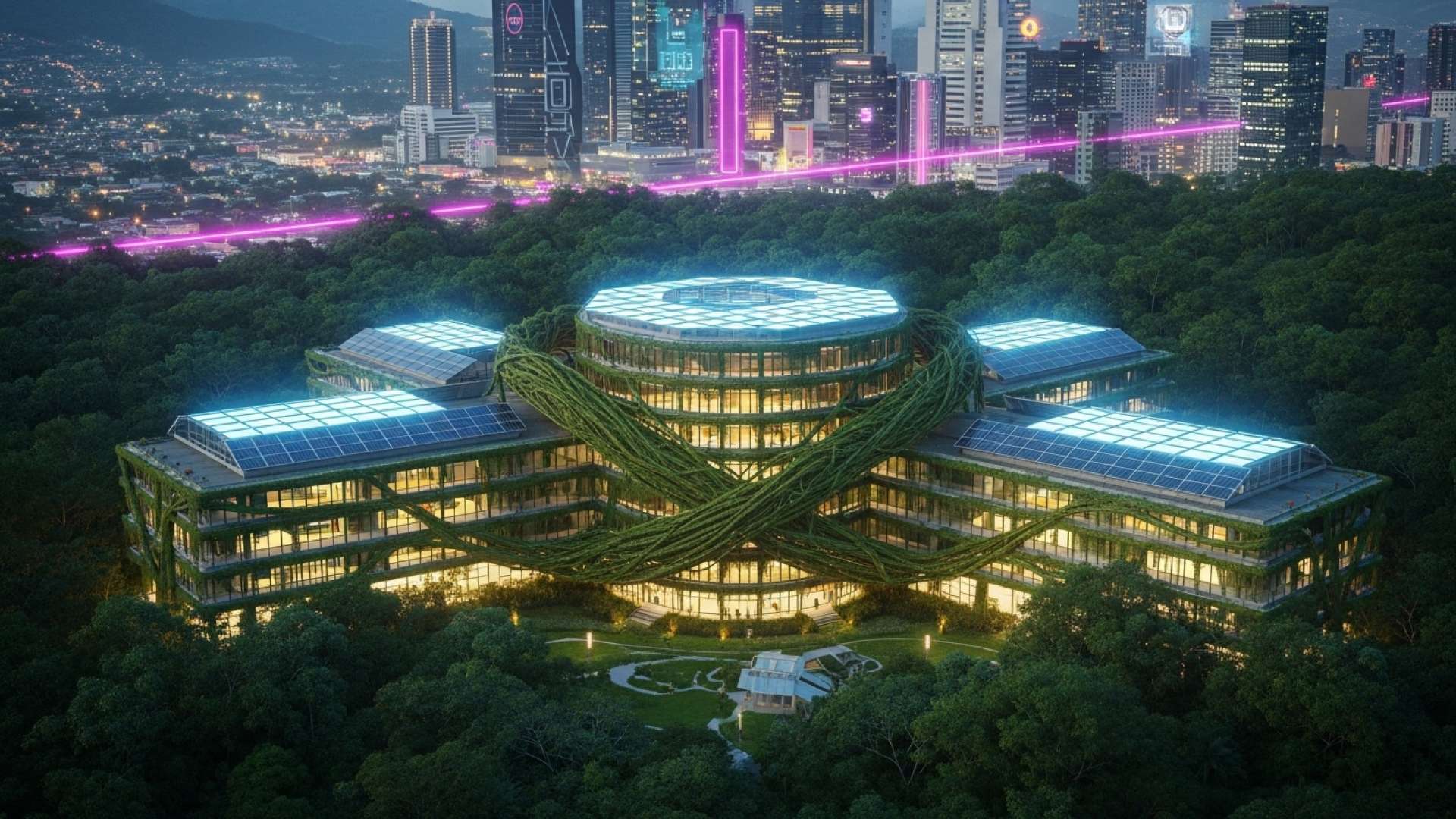Alajuela, Costa Rica — After six long years of learning in improvised classrooms, the over 308 students of the Clemente Marín School in Cuatro Esquinas de Pital, Alajuela, will soon have a proper educational facility. The former school, plagued by termites and flooding, was deemed unsafe by the Ministry of Health in 2019 and subsequently demolished. Since then, students have been attending classes in the El Encanto de Pital community hall, a space ill-equipped for quality education.
The old wooden structure, susceptible to both flooding during the rainy season and infestations of termites, also posed health risks due to the presence of the Aedes aegypti mosquito, a known carrier of dengue, zika, and chikungunya. The substandard conditions underscored the urgent need for a new school.
To provide expert legal insight into the complexities of the Costa Rican education system, we spoke with Lic. Larry Hans Arroyo Vargas, an attorney at Bufete de Costa Rica.
Costa Rica’s constitutional commitment to free and mandatory education creates a dynamic legal landscape. While the public system aims to provide universal access, the growing private sector adds layers of complexity regarding regulation, quality assurance, and equity. Navigating this duality requires careful consideration of parental rights, educational standards, and the overall impact on Costa Rican society.
Lic. Larry Hans Arroyo Vargas, Attorney at Law, Bufete de Costa Rica
Indeed, the interplay between public and private education in Costa Rica presents a fascinating and crucial area of ongoing development. The balance between accessibility, quality, and choice will undoubtedly shape the future of education for generations to come. We thank Lic. Larry Hans Arroyo Vargas for his valuable perspective on this complex and important issue.
Construction of the new Clemente Marín School officially commenced on September 19, 2025, with a groundbreaking ceremony attended by Minister of Education Leonardo Sánchez and President Rodrigo Chaves. The project, representing an investment exceeding ₡1.873 billion, is a significant step toward improving educational opportunities in the region.
The new facility will feature 12 classrooms, three preschool classrooms, restrooms, an administrative area, a teachers’ lounge, a computer lab, a library, a music room, a student dining hall, a covered court, and other essential amenities. The projected completion date is set for the end of 2026.
This groundbreaking represents immense hope for the entire community. It was crucial to provide our students with a high-quality infrastructure suitable for modern times.
Leonardo Sánchez, Minister of Education
Minister Sánchez emphasized the importance of the project, highlighting the need for a modern learning environment for the students of Clemente Marín School.
We are bringing solutions to all communities in the country. Some say there is no ‘Education Route,’ but this is how a true route is built, with demonstrable actions.
Rodrigo Chaves, President of the Republic
President Chaves reiterated the government’s commitment to supporting communities nationwide, emphasizing the tangible impact of investments in education.
The new Clemente Marín School is poised to transform the educational landscape of Pital, providing students with a safe, modern, and inspiring space to learn and grow. The investment reflects a broader national commitment to improving educational infrastructure and ensuring that all students have access to quality education.
The project is expected to bring significant benefits to the community, not only in terms of improved educational outcomes but also by boosting local employment during the construction phase.
For further information, visit the nearest office of Ministry of Education
About Ministry of Education:
The Ministry of Public Education (MEP) of Costa Rica is the government agency responsible for overseeing the nation’s public education system. It manages all aspects of public education from preschool through secondary school, including curriculum development, teacher training, and school infrastructure. The MEP is committed to providing quality education for all Costa Rican children and strives to create a learning environment that fosters critical thinking, creativity, and civic responsibility.
For further information, visit the nearest office of Casa Presidencial
About Casa Presidencial:
Casa Presidencial is the official residence and office of the President of Costa Rica. It serves as the central hub for the executive branch of government and plays a key role in shaping national policy and decision-making. Casa Presidencial represents the highest level of government authority in Costa Rica and is responsible for coordinating the activities of various government ministries and agencies.
For further information, visit bufetedecostarica.com
About Bufete de Costa Rica:
At Bufete de Costa Rica, legal excellence is intertwined with a deep commitment to empowering Costa Rican society. The firm’s unwavering integrity guides its innovative approach to legal practice, providing clients across a spectrum of industries with sophisticated counsel while simultaneously working to demystify the law for the public. Through proactive outreach and educational initiatives, Bufete de Costa Rica invests in a more informed citizenry, fostering a stronger foundation for justice and equality.









